Humans of Harker: Makenzie Tomihiro reads to empathize
“I definitely think that reading is a big part of empathy,” Makenzie Tomihiro (12) said. “Because, the way I look at it, it’s like everyone is the main character of their story, and every story has its own conflicts, and every protagonist has an antagonist, and while I’m the main character of my story, all these supporting characters have their own main stories as well.”
January 24, 2018
“Mr. and Mrs. Dursley, of number four, Privet Drive, were proud to say that they were perfectly normal, thank you very much.” – J.K Rowling.
“Lost in the shadows of the shelves, I almost fall off the ladder.” – Robin Sloan
“The circus arrives without warning.” – Erin Morgenstern.
The first lines of books mark the beginning of a journey, a whirlwind of adventure and conflict, a string of laughs, shouts, and, occasionally, tears. These are the first lines of a few of Makenzie Tomihiro’s (12) favorite books.
“I like to read because I feel like when you read, you’re transported into a different world or a different life that’s not your own,” Makenzie said. “So it’s kind of like an escape time for you to just be someone that you’re not. Originally, I didn’t like reading, and I thought reading was the most boring thing in the entire world. Then my dad actually paid me a dollar for every 100 pages I read, so, you know, because of money, I started reading a lot, and then I just grew to love it.”
As Makenzie sits at Coupa cafe, face physically enveloped by the newest read she picked off the local bookstore, she is able to step into someone else’s shoes, to engross herself in an experience entirely separate from her own, to live someone else’s life.
“I definitely think that reading is a big part of empathy,” she said. “I feel like people who read kind of have a little bit more of an understanding of different types of people, because I think what reading does is give you perspectives that you wouldn’t normally have by letting you peer into the lives of these completely different people. Through that I think you kind of get this deeper level of understanding and that kind of lets you empathize more with their problems. Because, the way I look at it, it’s like everyone is the main character of their story, and every story has its own conflicts, and every protagonist has an antagonist, and while I’m the main character of my story, all these supporting characters have their own main stories as well.”
In her own life, Makenzie has translated her passion for literature and their stories into a passion for the people surrounding her. Her grasp of understanding the lives of characters, no matter how relatable or how imaginary, has allowed her to entrench in herself a sense of adaptability and connection to the people in her life, even if they don’t have an award-winning piece of literature about themselves that she can study.
“I think people motivate me,” she said. “I think I’m not a very self-motivated person — I’m like, another level of lazy, I would say. But I think my family motivates me, or my friends motivate me, like if I think about, for example, sacrifices that your parents make for you, that would motivate me to work harder, or the support of friends would motivate me.”
A close friend since the 6th grade, Randy Zhao (12) and Makenzie have built their own mini-series, a collection of shorts that have built on top of each other, each conflict more riveting than the last, laying the foundation for an invaluable lifetime of friendship.
“I think what makes Makenzie unique is her immense dedication to things and people that matter to her,” he said. “She’ll put a lot of effort into those that do the same, and that’s why she has such strong relationships with others.”
If Makenzie is the protagonist, then her mother is a major supporting character, the wise, sensible, emblem of constancy that can offer solace in times of distress, and advice in times of anxiety: A fairy godmother to a Cinderella, a Dumbledore to a Harry.
“My mom has really influenced me,” she said. “She’s always there, so I’m very grateful. I’m 7th generation American, so I definitely have a different perspective on my culture than a lot of other people. I think it’s been really interesting seeing how my mom grew up, and it’s been really interesting seeing how different my upbringing has been to a lot of my friends. I think she has sacrificed so much to bring her children to where they are now in a different way than if you’re a first generation citizen, and she represents strong women in history for me.”
In the end, Makenzie feels that, as only a teenager, her story is still trekking through miles and miles of rising action. In time, as her life progresses, as she faces adversity and complexity and the ever-looming climax, the lines of her book will start to fill in, and the excerpts that constitute her every day will start to form into the novel that is her life.
“How am I supposed to know [the title of] my story, I’m 16! No, I’m 17 — See, I don’t even know what age I am!” Makenzie said, “I feel like you shouldn’t be able to name your story until you’ve experienced all of life, and then you can name your story. Right before I die, I’m going to name my story and give it to some ghost writer to write it for me.”































![Setter Emma Lee (9) sets the ball to the middle during the match against Pinewood on Sept. 12. “[I’m looking forward to] getting more skilled, learning more about my position and also becoming better friends with all of my teammates, Emma said.](https://harkeraquila.com/wp-content/uploads/2023/09/DSC_4917-2-1200x795.jpg)








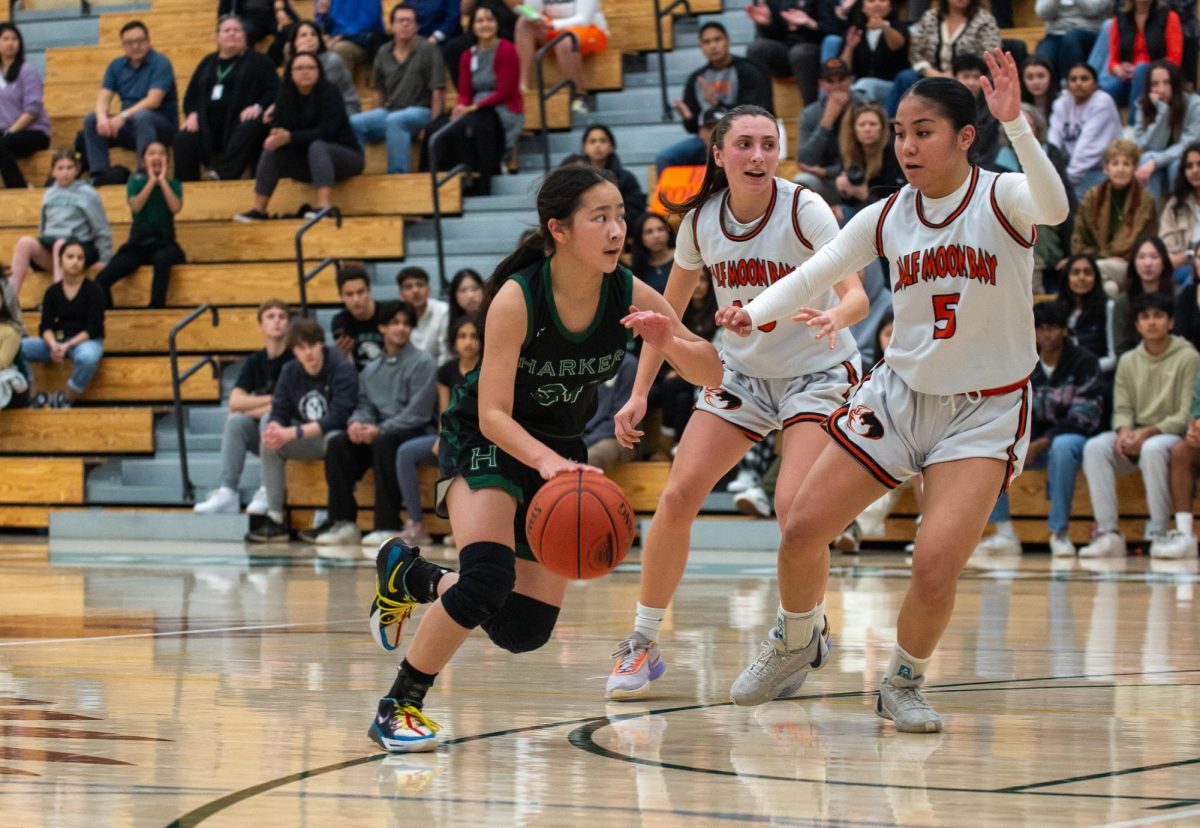

























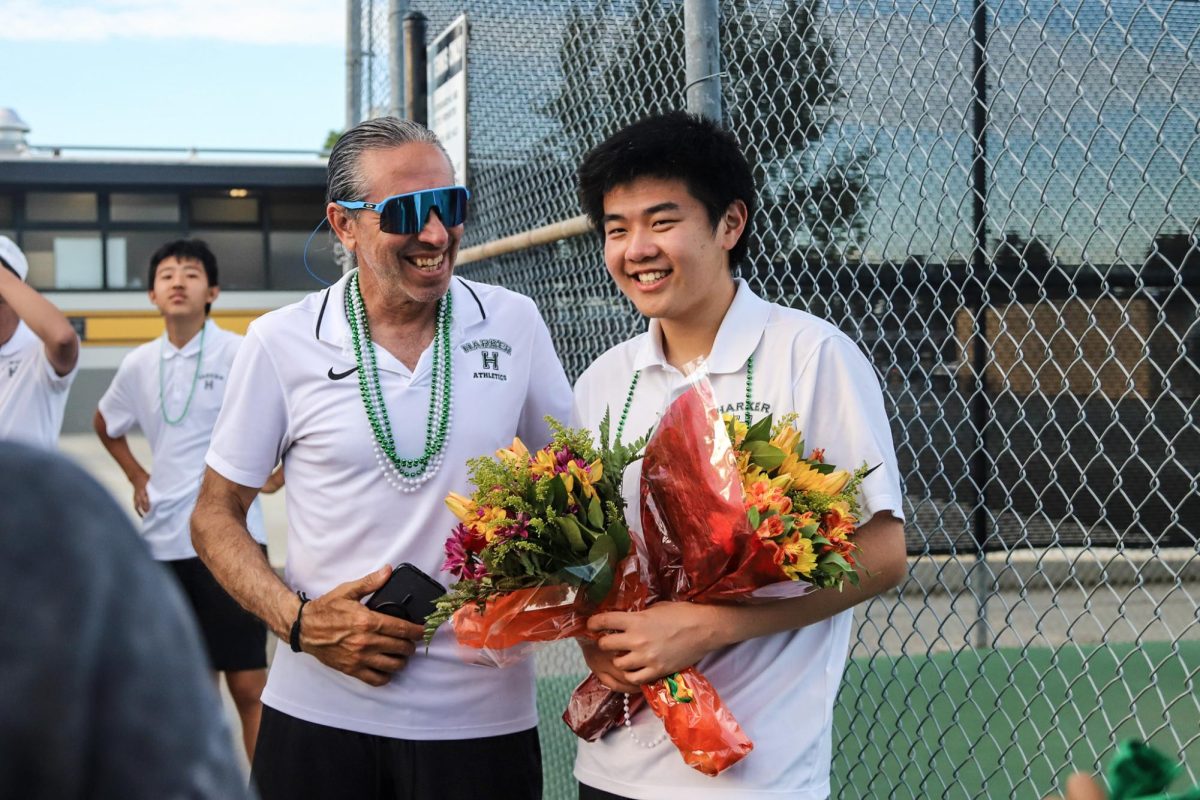
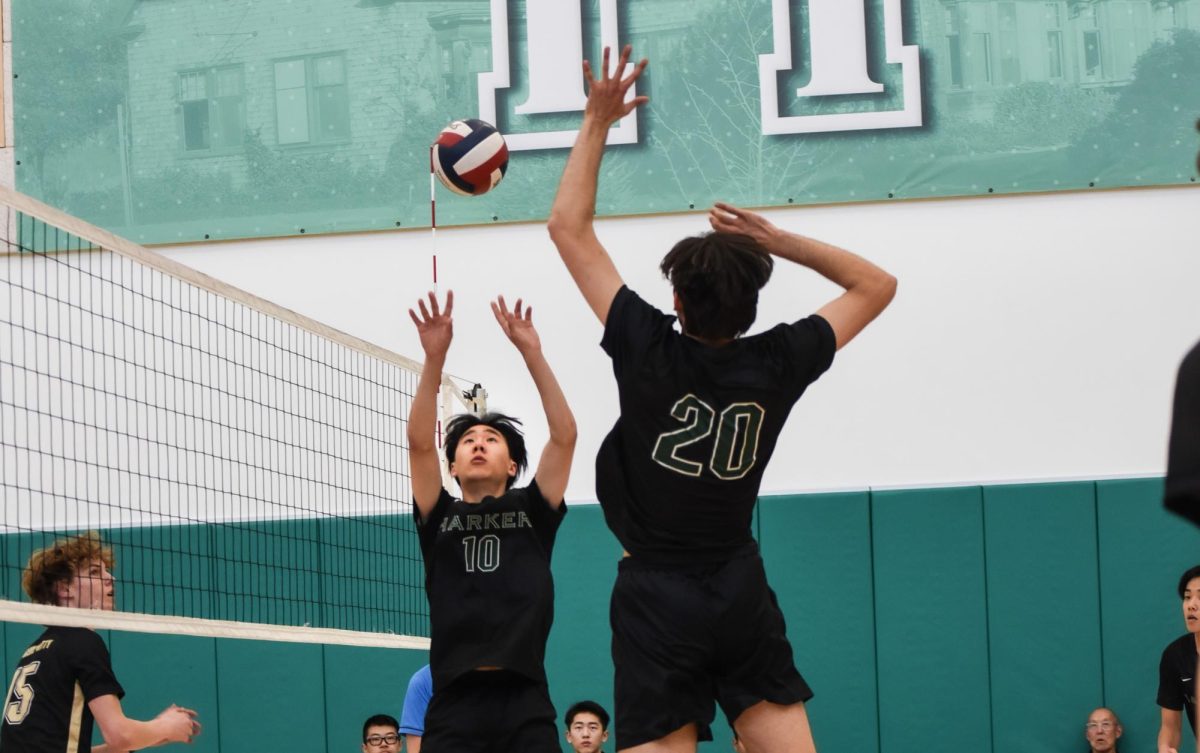

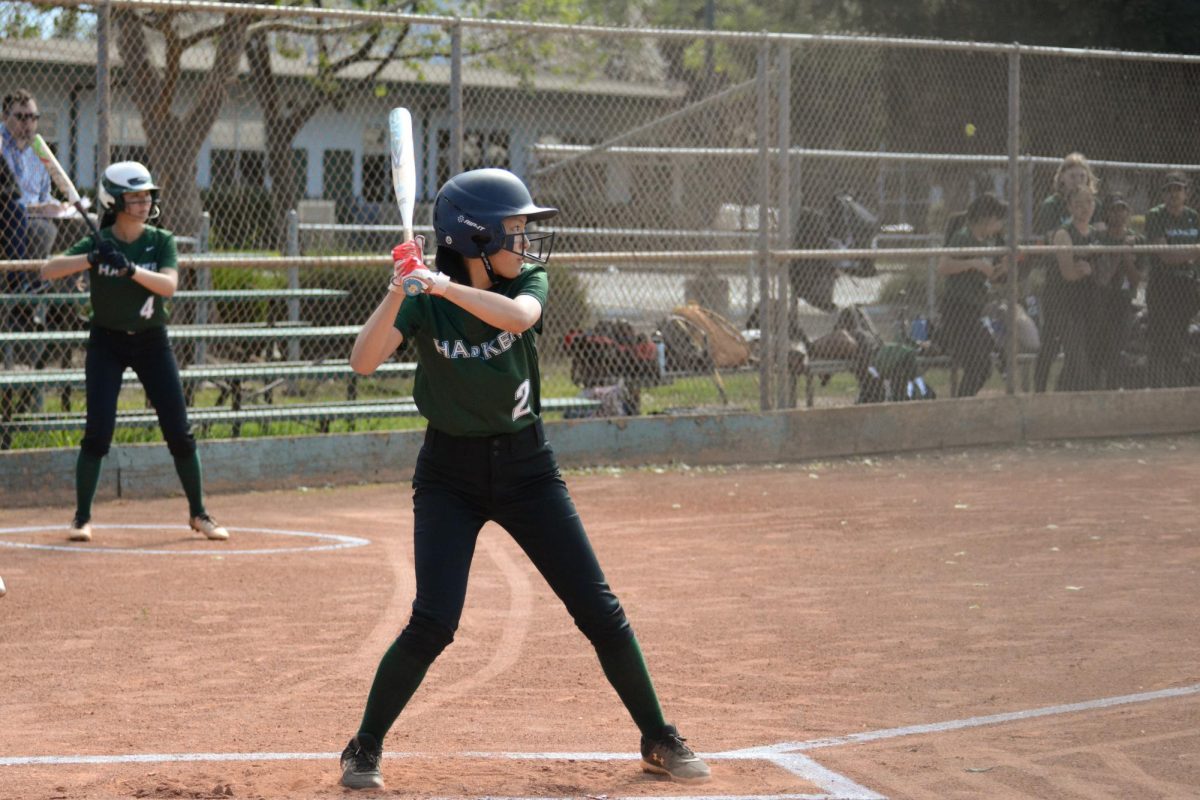




























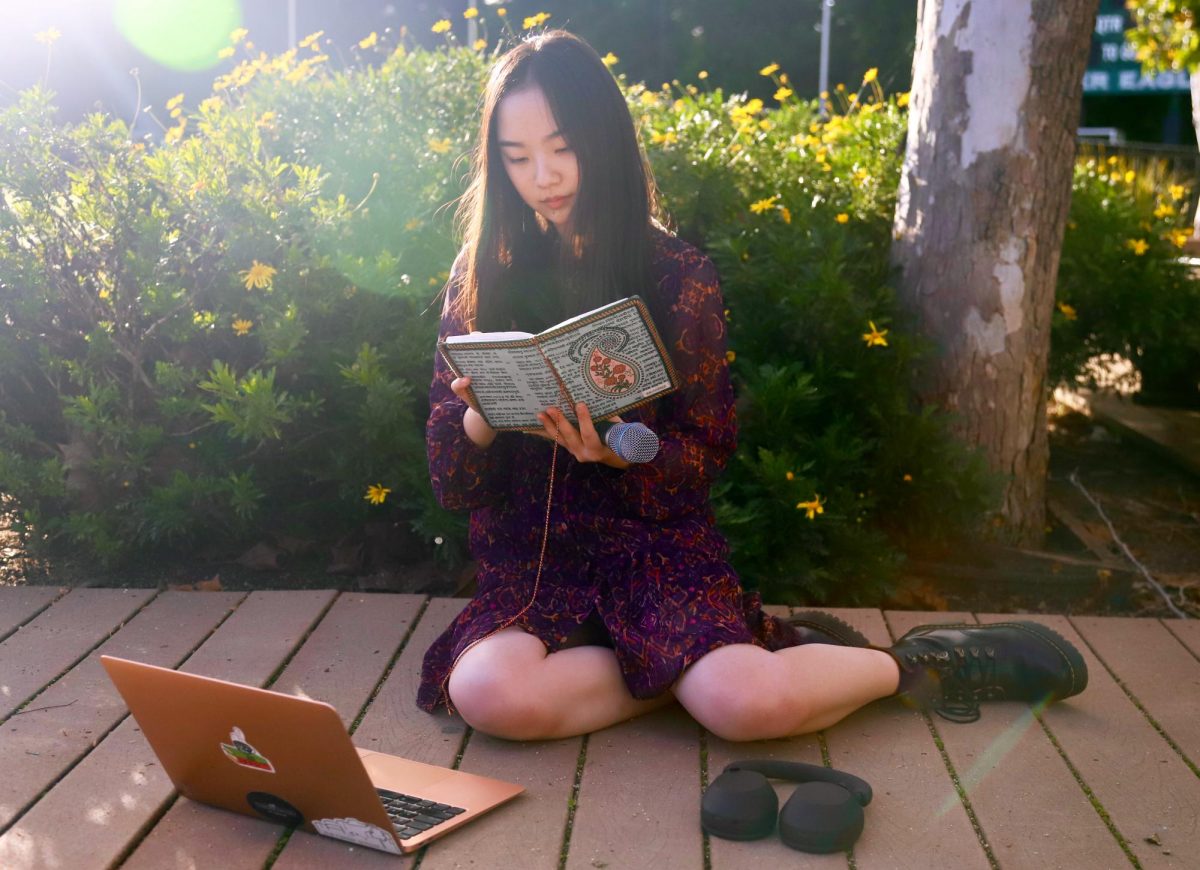

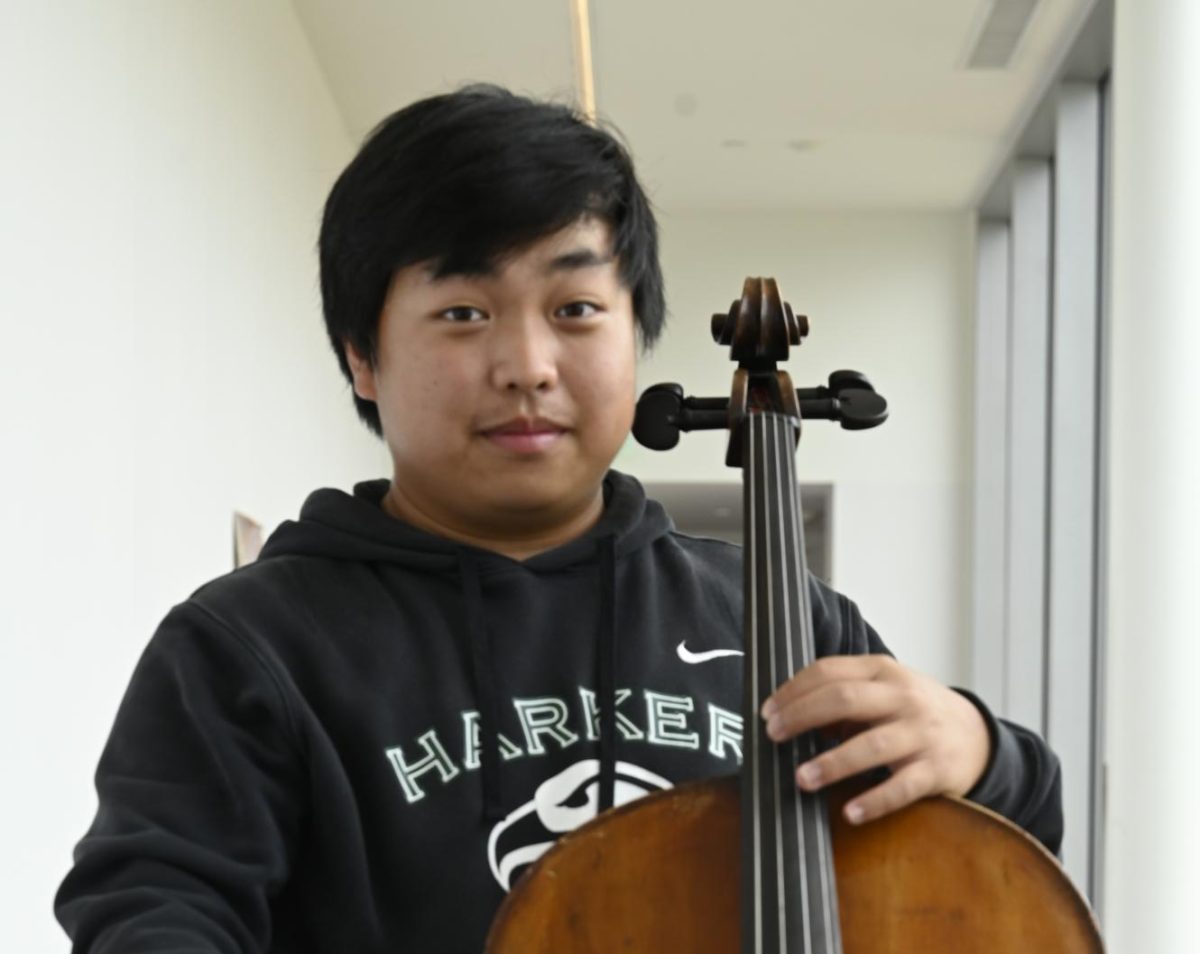
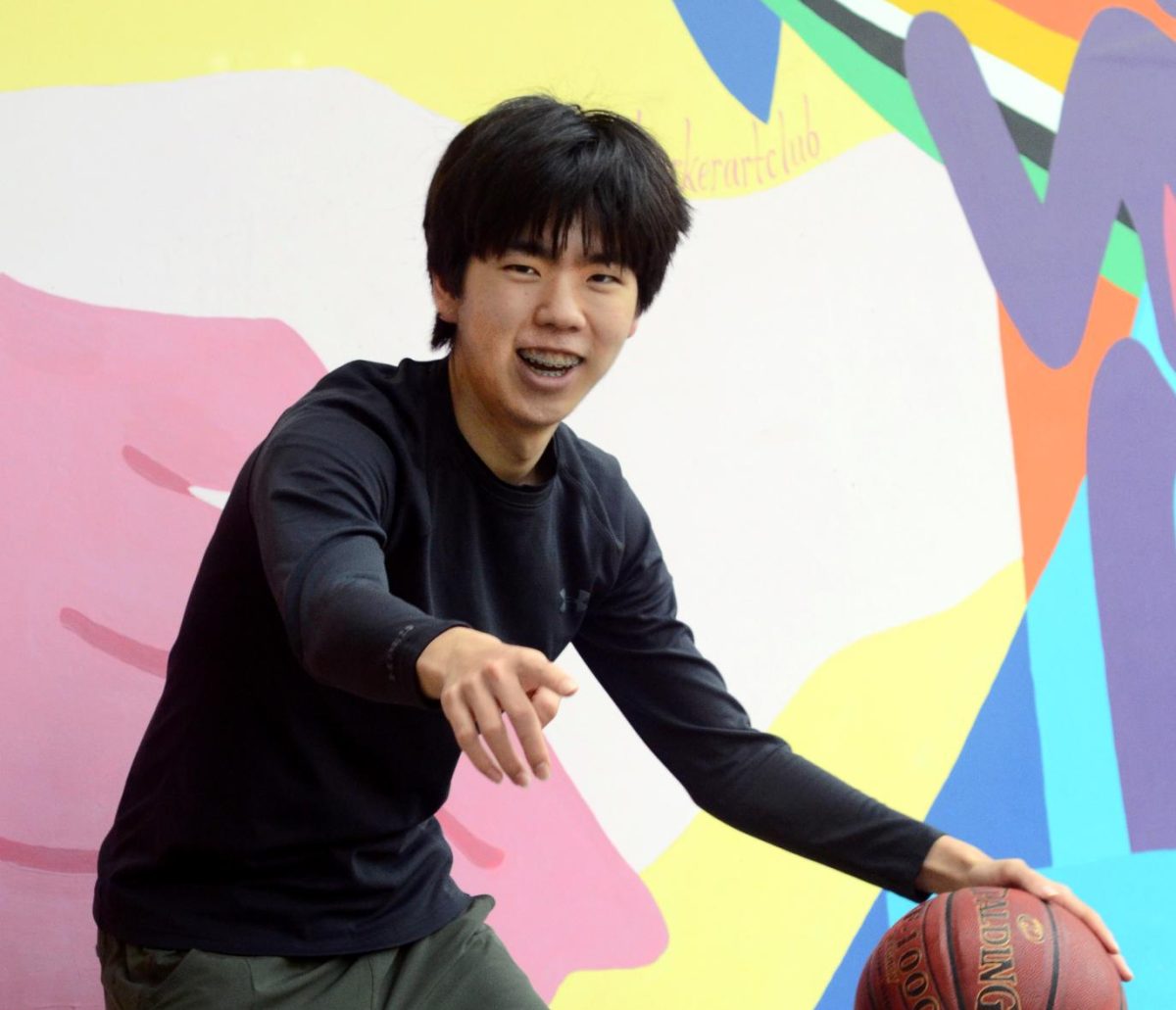
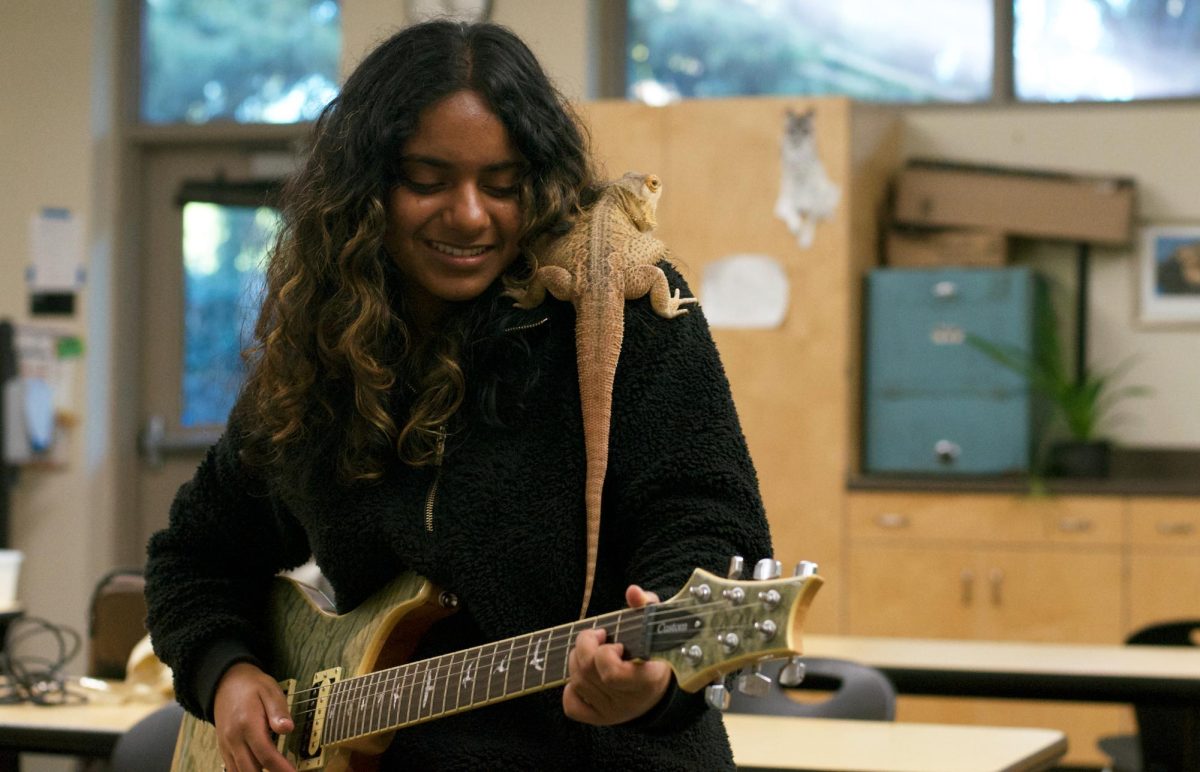








![“[Building nerf blasters] became this outlet of creativity for me that hasnt been matched by anything else. The process [of] making a build complete to your desire is such a painstakingly difficult process, but Ive had to learn from [the skills needed from] soldering to proper painting. Theres so many different options for everything, if you think about it, it exists. The best part is [that] if it doesnt exist, you can build it yourself, Ishaan Parate said.](https://harkeraquila.com/wp-content/uploads/2022/08/DSC_8149-900x604.jpg)


![“Animation just clicked in a way. I had been interested in art, but that felt different. [Animation] felt like it had something behind it, whereas previous things felt surface level. I wasnt making that crazy of things, but just the process of doing it was much more enjoyable, Carter Chadwick (22) said.](https://harkeraquila.com/wp-content/uploads/2022/08/Screen-Shot-2022-08-16-at-9.44.08-AM-900x598.png)


![“When I came into high school, I was ready to be a follower. But DECA was a game changer for me. It helped me overcome my fear of public speaking, and its played such a major role in who Ive become today. To be able to successfully lead a chapter of 150 students, an officer team and be one of the upperclassmen I once really admired is something Im [really] proud of,” Anvitha Tummala (21) said.](https://harkeraquila.com/wp-content/uploads/2021/07/Screen-Shot-2021-07-25-at-9.50.05-AM-900x594.png)



![“[Volleyball has] taught me how to fall correctly, and another thing it taught is that you don’t have to be the best at something to be good at it. If you just hit the ball in a smart way, then it still scores points and you’re good at it. You could be a background player and still make a much bigger impact on the team than you would think,” Anya Gert (’20) said.](https://harkeraquila.com/wp-content/uploads/2020/06/AnnaGert_JinTuan_HoHPhotoEdited-600x900.jpeg)

![“Im not nearly there yet, but [my confidence has] definitely been getting better since I was pretty shy and timid coming into Harker my freshman year. I know that theres a lot of people that are really confident in what they do, and I really admire them. Everyones so driven and that has really pushed me to kind of try to find my own place in high school and be more confident,” Alyssa Huang (’20) said.](https://harkeraquila.com/wp-content/uploads/2020/06/AlyssaHuang_EmilyChen_HoHPhoto-900x749.jpeg)













![“My slogan is ‘slow feet, don’t eat, and I’m hungry.’ You need to run fast to get where you are–you arent going to get those championships if you arent fast,” Angel Cervantes (12) said. “I want to do well in school on my tests and in track and win championships for my team. I live by that, [and] I can do that anywhere: in the classroom or on the field.”](https://harkeraquila.com/wp-content/uploads/2018/06/DSC5146-900x601.jpg)

![“I think getting up in the morning and having a sense of purpose [is exciting]. I think without a certain amount of drive, life is kind of obsolete and mundane, and I think having that every single day is what makes each day unique and kind of makes life exciting,” Neymika Jain (12) said.](https://harkeraquila.com/wp-content/uploads/2017/06/Screen-Shot-2017-06-03-at-4.54.16-PM.png)





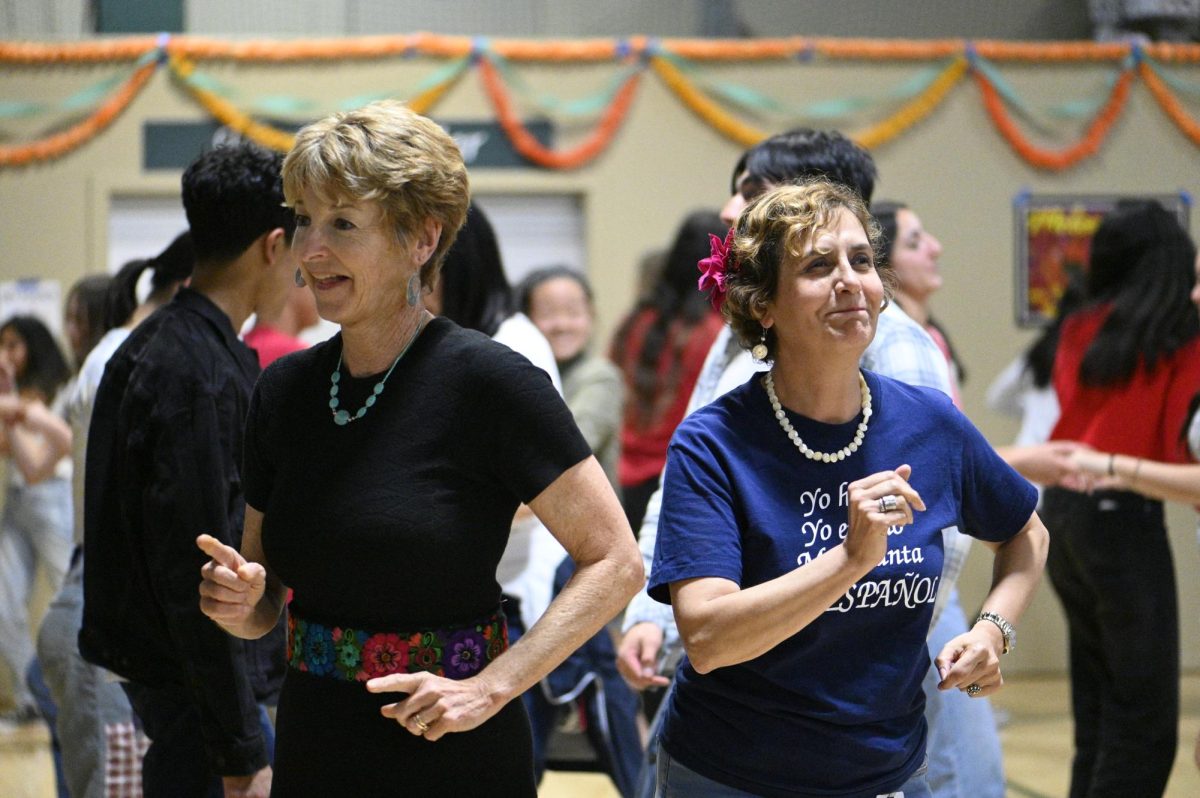
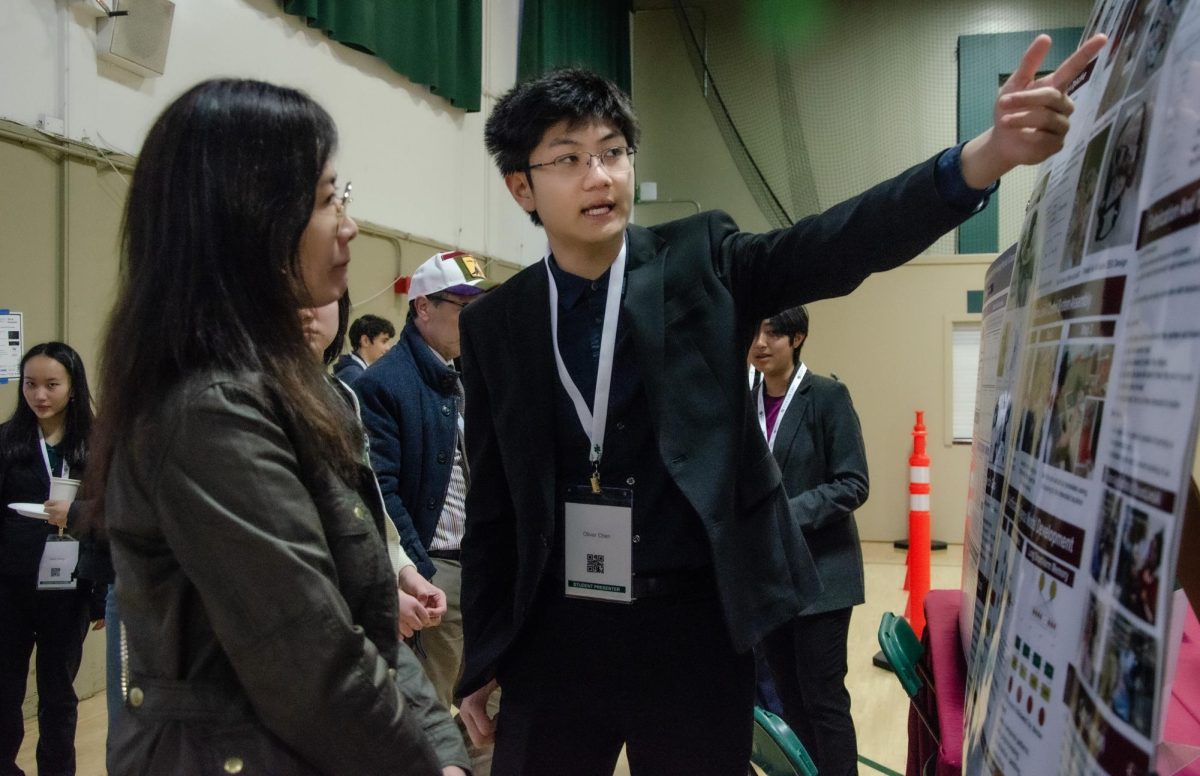
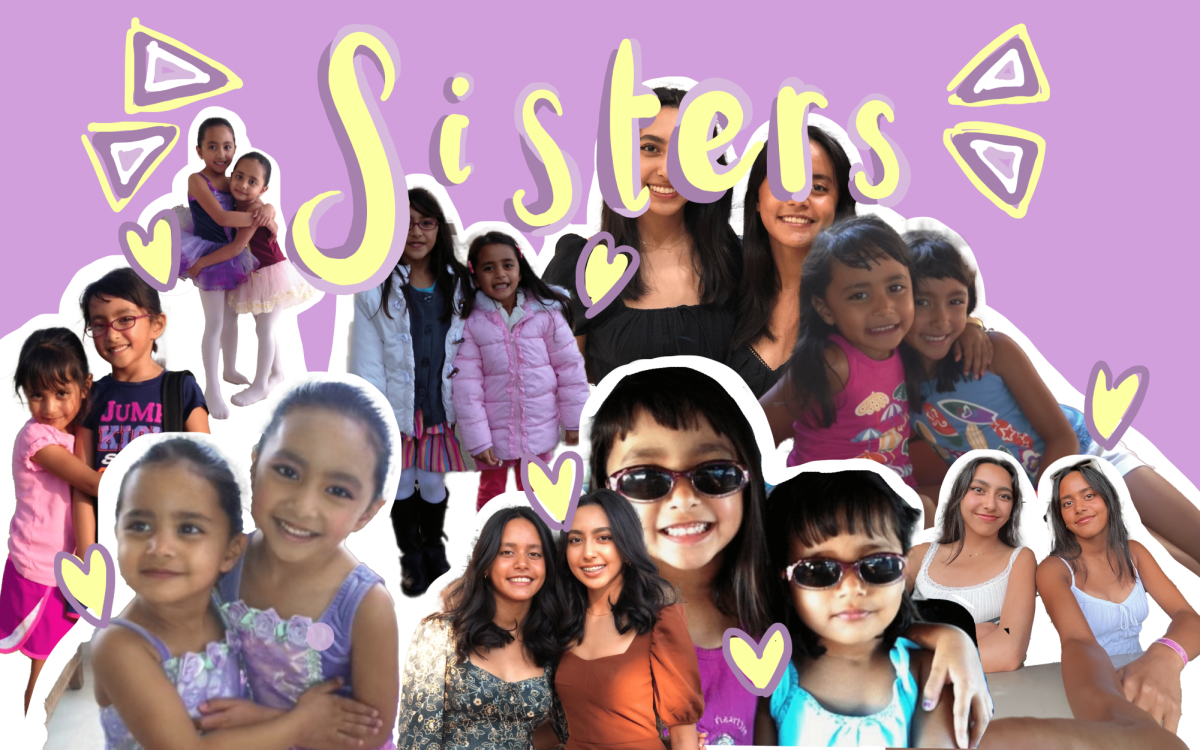

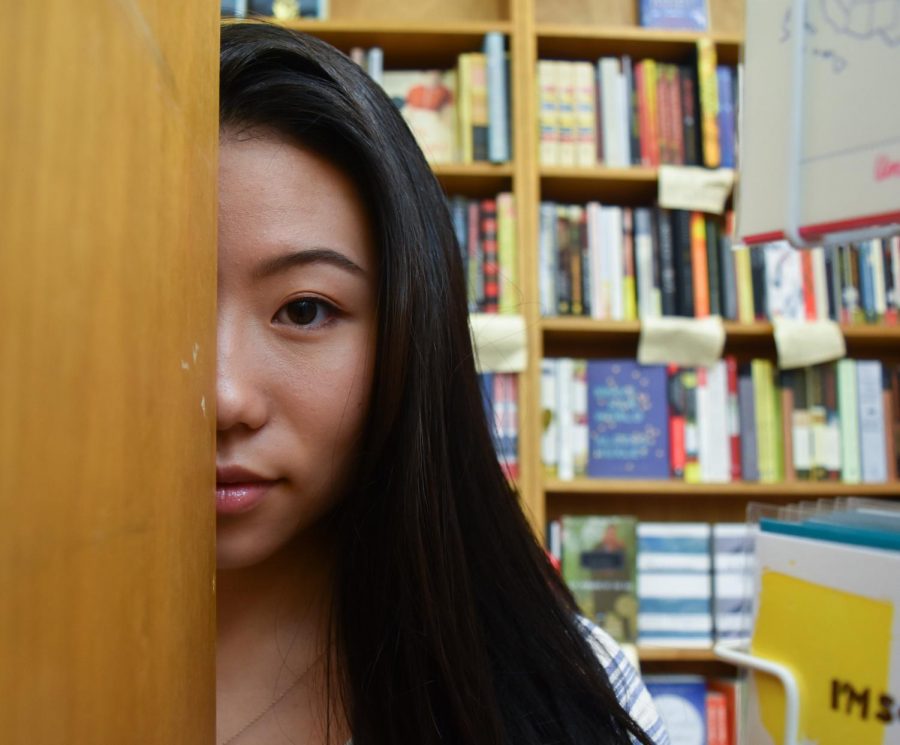




![“My slogan is ‘slow feet, don’t eat, and I’m hungry.’ You need to run fast to get where you are–you arent going to get those championships if you arent fast,” Angel Cervantes (12) said. “I want to do well in school on my tests and in track and win championships for my team. I live by that, [and] I can do that anywhere: in the classroom or on the field.”](https://harkeraquila.com/wp-content/uploads/2018/06/DSC5146-475x317.jpg)




![“Most of our entire friend group played basketball in middle school,” Akshaya Vemuri (12) said. “And on one bus ride, we wanted to come up with names for each other that were related to a family. Everyone has their unique identity in the group, and we kind of use their nickname to identify them. [Meena Gudapati (12)] was just writing down a ton of nicknames for me, and she started calling me ‘Akla’ after ‘baklava’ and just shortened it.”](https://harkeraquila.com/wp-content/uploads/2018/06/AkshayaVemuri-MK-475x340.jpg)